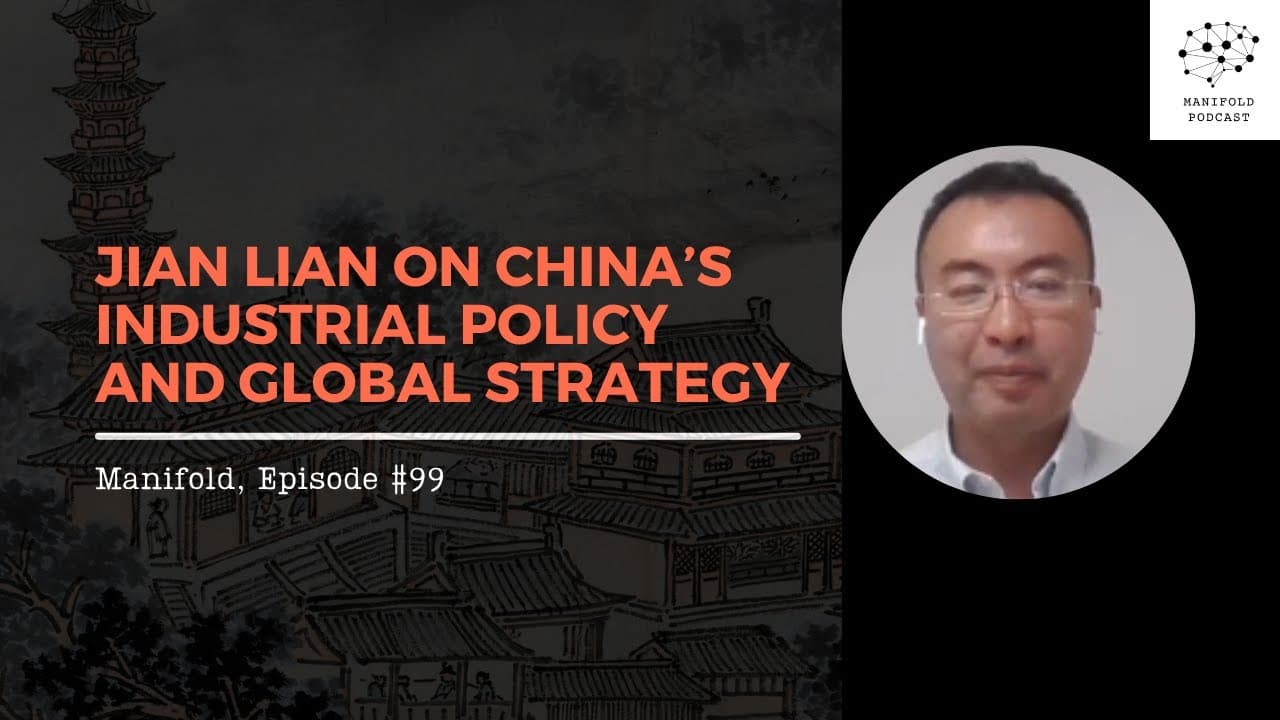Expert Jian Lian: US Sanctions Accelerated China's Semiconductor Industry

Jian Lian, a leading expert on China's political economy and technological development, recently discussed the nation's industrial policy and global strategy on Manifold Episode #99. During the podcast, Lian and host Steve Hsu explored the evolution of China's "industrial maximalism" and the significant role that US sanctions have played in bolstering the country's domestic semiconductor industry. This discussion highlighted how external pressures inadvertently propelled Chinese tech companies, such as Huawei, into national champions.
Lian brings extensive experience to the topic, holding a bachelor's and master's degree in economics from Peking University. He began his career as an industry analyst at a Chinese investment bank and later participated in the "Made in China 2025" initiative as a venture capitalist for a state-owned fund. His 2016 book, "The Truth About Capital" (资本的真相), made several predictions about China's technological, economic, and societal trajectory that have largely materialized.
The conversation delved into the origins of China's "industrial party movement," which culminated in the government's adoption of an "industrial maximalism" development view. This strategy emphasizes indigenous innovation and technological self-sufficiency, a core objective that continues to drive China's economic policy despite the downplaying of the "Made in China 2025" slogan in recent years. Beijing continues to pour resources into strategic sectors like semiconductors and AI through state-backed funds.
A central point of the discussion was the development of China's domestic supply chains and the unexpected impact of US sanctions. According to Lian, these sanctions, intended to curb China's technological advancement, inadvertently spurred a national effort to achieve self-sufficiency in semiconductors. This push has led to increased investment and accelerated research and development within China's chip industry.
The podcast specifically cited Huawei as a prime example, becoming a "national champion due to US sanctions." Despite initial disruptions, the company demonstrated significant progress in developing its own advanced chips, such as the Kirin 9000S, by investing heavily in domestic R&D and supply chain localization. This resilience underscores China's broader drive for technological independence in critical sectors.
The episode also touched upon the dynamics of venture capital in China, focusing on hard tech investments and the regulation of tech giants. Lian provided insights into the strategic direction of capital allocation within China's tech ecosystem, emphasizing the long-term commitment to industrial upgrading and technological leadership. The discussion concluded with a forward-looking perspective on the future trajectory of China's technological development.